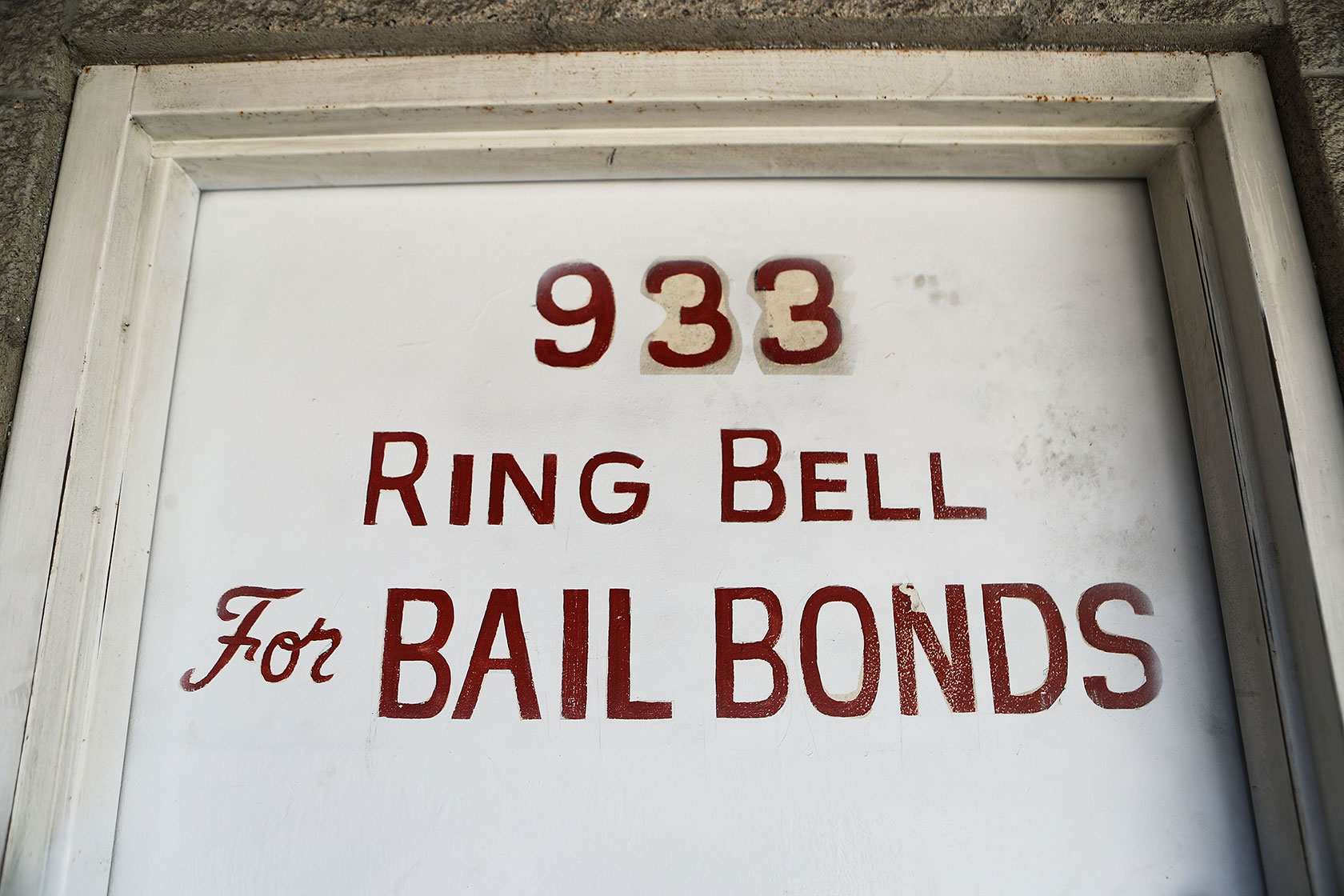A skilled bail bondsman Vista can guide you through every step of the legal process.
A skilled bail bondsman Vista can guide you through every step of the legal process.
Blog Article
Checking Out Why Bail Bonds Are Necessary in the Legal Refine
Bail bonds offer a crucial function within the lawful system, facilitating the fragile equilibrium in between specific civil liberties and social safety and security. Recognizing the complex function of bail bonds invites a closer examination of their effect on both defendants and the wider justice system.
Comprehending Bail Bonds
In the lawful procedure, bail bonds act as a crucial device that permits people billed with criminal offenses to protect their release from safekeeping while awaiting trial. A bail bond is basically a monetary assurance offered by a third event, generally a bondsman, which makes sure that the accused will show up in court at the assigned times. When a judge establishes a bail amount, it mirrors the severity of the charges and the regarded flight risk of the offender.
Individuals who can not manage the full bail quantity might turn to bondsman, who bill a non-refundable charge, usually around 10% of the total bail. This cost compensates the bail bondsman for presuming the risk of the offender potentially falling short to show up in court. If the defendant does not adhere to court appearances, the bail bondsman may use different approaches to find and capture the person.
Bail bonds play a vital role in the criminal justice system by stabilizing the rights of the implicated with the need to make sure public safety and court stability. Understanding the auto mechanics of bail bonds is vital for any individual navigating the complexities of the lawful landscape.

The Role of Bail in Justice
Bail acts as a fundamental column within the justice system, balancing the anticipation of innocence with the requirement to ensure court participation. Bail bonds Oceanside. By allowing accuseds to continue to be totally free while waiting for trial, bail recognizes that people are innocent until tested guilty. This important concept advertises fairness and justice, as detention prior to test can intensify social inequalities and interfere with lives

In addition, the bail procedure enables judges to evaluate the circumstances of each instance, consisting of the nature of the fees, the defendant's history, and neighborhood ties. This customized analysis makes sure that bail decisions are not entirely punishing yet are rather reflective of the principles of justice and equity, thereby boosting the stability of the legal system.
Advantages for Accuseds and Households
The benefits of bail expand beyond the courtroom, dramatically affecting accuseds and their family members. By protecting bail, defendants are afforded the possibility to stay in their communities while waiting for trial, which can greatly alleviate the psychological and financial stress connected with imprisonment. This flexibility allows people to preserve employment, sustain their families, and accomplish necessary obligations, inevitably adding to their overall well-being.
For households, the effects of securing bail are extensive. It enables them to stay with each other during a tough time, fostering an assistance system that is essential for psychological resilience. Family members can engage in the lawful procedure much more properly, as they can speak with attorneys, collect evidence, and prepare for court hearings without the added problem of splitting up.
In addition, having actually a liked one released on bail can alleviate the economic pressure that typically comes with lawful battles. Families can designate sources towards lawful costs and other necessities rather than incurring expenses connected with imprisonment. Overall, the availability of bail bonds works as a crucial lifeline for offenders and their families, promoting security and unity throughout a troubled duration in their lives.
Influence On Court Effectiveness
By promoting the release of defendants before test, bail bonds substantially improve court efficiency. When offenders have the ability to protect bail, they are less likely to remain incarcerated, which in turn lowers congestion behind bars and detention centers. This relief of congestion permits police how do bail bondsman get paid and court personnel to allocate sources better, concentrating on energetic cases as opposed to handling a backlog brought on by pretrial detentions.
Moreover, when offenders are released on bail, they can better prepare for their lawful proceedings. This prep work typically results in extra educated discussions in between the defendant and their lawful counsel, leading to a more structured judicial process. As offenders are more probable to go to court hearings when they are not constrained, the rate of missed out on court dates lowers, adding to a more organized court schedule.
Furthermore, the punctual Read Full Report resolution of situations is helped with as offenders are motivated to participate in their tests proactively. This not just expedites the legal procedure but likewise helps preserve public self-confidence in the justice system. Eventually, using bail bonds serves a twin purpose: making certain that offenders can take part in their protection while concurrently advertising an extra reliable judicial structure.
Alternatives to Bail Bonds
Numerous choices to standard bail bonds exist within the legal structure, each offering one-of-a-kind systems for pretrial launch. One such alternative is release on recognizance (ROR), where accuseds promise to show up in court without the demand for financial bail. This alternative click here for more info is frequently offered to people considered low-risk, advertising justness in the justice system.
One more option is using monitored launch programs, which include checking offenders via check-ins with a pretrial solutions police officer. These programs might include problems such as time limits or electronic surveillance, making certain conformity and lowering trip danger.
Furthermore, some jurisdictions execute diversion programs that focus on rehabilitation rather than revengeful steps. Defendants might join social work or counseling as a condition of their launch, resolving underlying concerns while decreasing imprisonment.
Finally, bail funds established by nonprofit companies give economic aid to low-income accuseds, enabling them to secure release without the worry of high costs connected with conventional bail bonds. These options emphasize the importance of stabilizing public safety with the rights of the charged, inevitably adding to a more fair lawful process.

Conclusion
Bail bonds serve as a basic element of the lawful procedure, symbolizing the principle of assumption of innocence while making certain defendants preserve their flexibility prior to test. By incentivizing court presence and relieving jail congestion, bail bonds assist in extra effective situation prep work.
Report this page